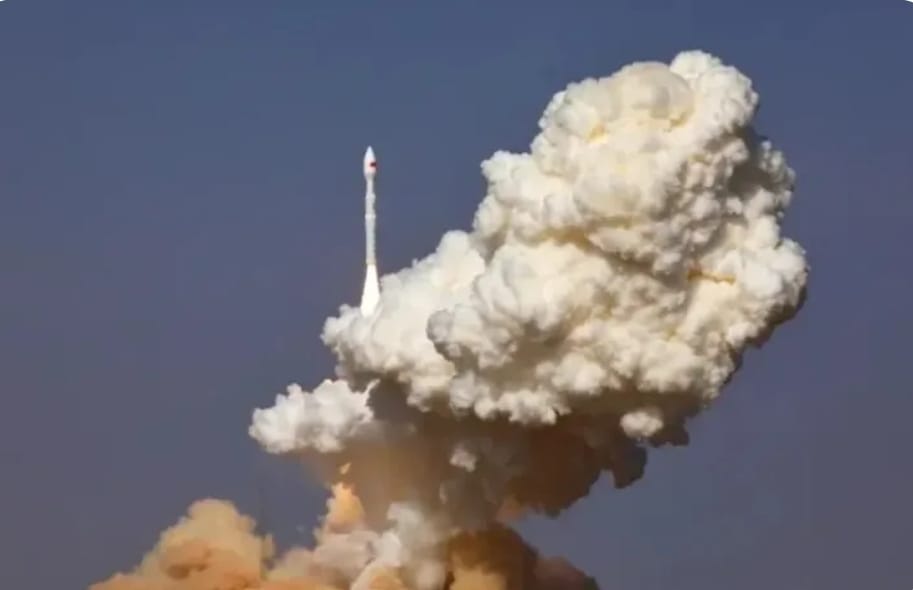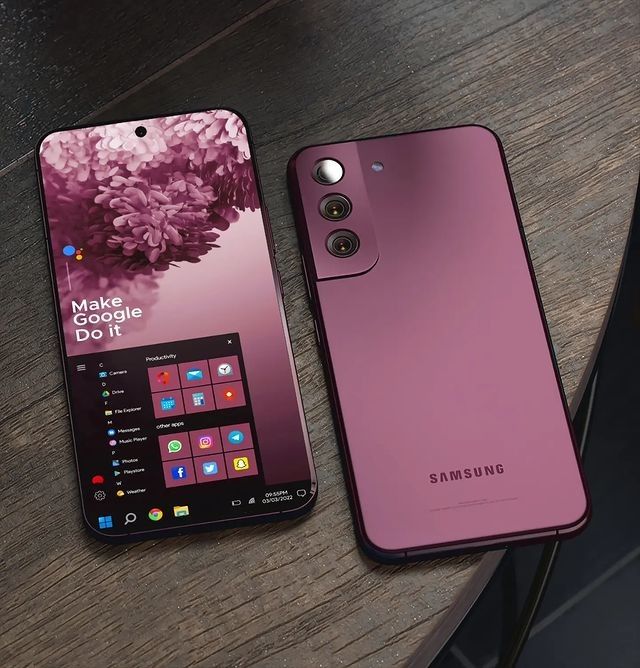
🌍 Pakistan’s SUPARCO launches the nation’s first hyperspectral satellite — a leap toward space innovation and self-reliance!
Is Pakistan Entering a New Space Era with SUPARCO’s Launch?
Introduction: A Giant Step for Pakistan
Pakistan has entered a new age of space technology. The Space and Upper Atmosphere Research Commission (SUPARCO) has launched the first hyperspectral satellite in the country’s history.

This success shows Pakistan’s growing strength in science, innovation, and national security. It also raises a big question: Is this the start of a new space era for Pakistan?
What Is a Hyperspectral Satellite?
A hyperspectral satellite is a very advanced camera in space. Unlike normal satellites, it can see hundreds of colors across light bands. Every object on Earth reflects light in its own way. The satellite can read these reflections to spot differences that humans cannot see.
Because of this, scientists can:
- Check crops for disease or drought
- Find minerals and clean water
- Track forest loss and pollution
- Study clouds, soil, and weather changes
In short, this new satellite will help Pakistan make smarter and faster decisions in many areas.
SUPARCO’s Long Dream Comes True
SUPARCO was created in 1961 to lead Pakistan in space research. For decades, progress was slow due to a lack of funding and modern tools.
Now, this launch shows real progress. SUPARCO has proved that Pakistan can build and operate advanced satellites. The mission was made possible through international teamwork and strong national vision.
This launch puts Pakistan among countries that are growing fast in space science and technology.
Why This Satellite Is So Important
The new satellite is more than a piece of hardware. It will help Pakistan’s agriculture, environment, disaster response, and national security.
1. Helping Farmers
Farmers can now use satellite data to check crop health, soil quality, and water needs. This means better harvests, less waste, and more income.
2. Fighting Climate Change
Pakistan faces rising heat, floods, and droughts. The new satellite can track glacier melt, forest loss, and pollution. This helps experts make better plans to protect the environment.
3. Managing Disasters
During floods or earthquakes, the satellite can show which areas need help first. This will make rescue efforts faster and save lives.
4. Improving Security
In addition, the satellite can help monitor borders, natural resources, and land use. This strengthens Pakistan’s national defense and planning.
A Boost for Science and Young Minds
SUPARCO’s success is also a win for students and young scientists. It proves that Pakistan can reach world-class standards when given support.
Moreover, schools and universities can now use satellite data for research and STEM education. This will inspire more youth to study science, technology, and engineering. As a result, Pakistan will have a stronger tech future.
Global Recognition and Future Cooperation
With this mission, Pakistan joins nations like the United States, China, and India, which already use hyperspectral satellites.
This launch may lead to global partnerships in space research and data sharing. Countries can now work with SUPARCO on joint projects for science, agriculture, and disaster control.
Over time, Pakistan can become a regional leader in space and technology.
Challenges That Remain
Even with success, SUPARCO still faces challenges. It needs steady funding to keep growing. The country must also build more local parts and train engineers to handle future missions.
In addition, Pakistan should raise public awareness about the benefits of space science. This will help gain long-term support for space research.
Conclusion: A New Dawn for Pakistan’s Space Future
The launch of Pakistan’s first hyperspectral satellite is a historic moment. It shows that Pakistan is ready to use space technology to solve real problems — from farming to climate and security.
This mission proves that hard work, teamwork, and vision can take Pakistan to new heights. Moreover, it inspires hope for a brighter, smarter, and more self-reliant future.
The stars are now within reach — and Pakistan has taken its first bold step toward them. 🌙





